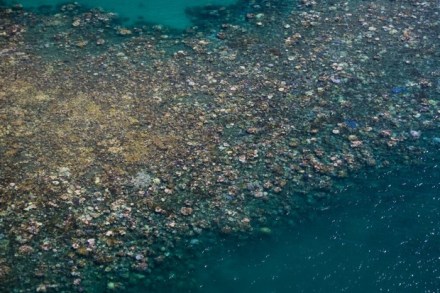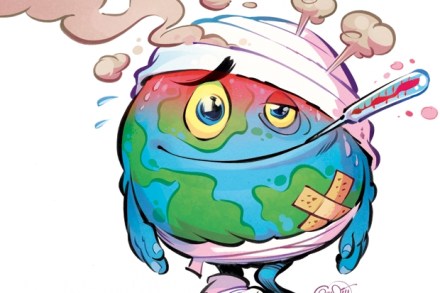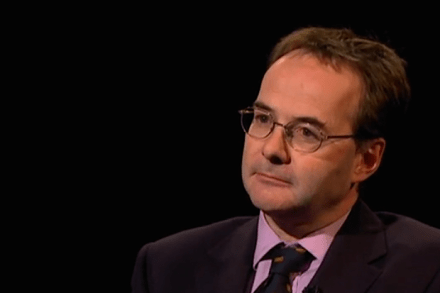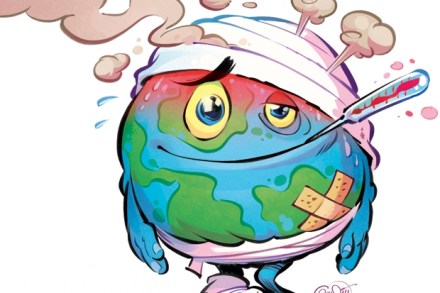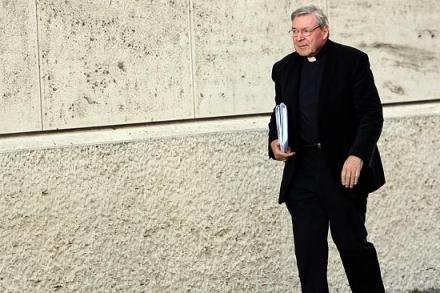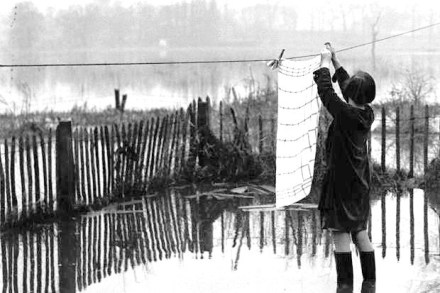The Great Barrier Reef is dying. Why does nobody seem to care?
We seem to be wilfully blind when it comes to nature. Right now, Australia is in the grip of an unprecedented environmental disaster. The largest living structure on Earth, the Great Barrier Reef, is mortally sick. Across hundreds of miles of ocean, from Papua New Guinea and all the way southwards along the east coast of Australia, the reef is dying. Famously, the GBR is the only living structure visible from space – almost two thousand miles long and about the size of Germany. It’s suffering what the scientists call ‘bleaching’, a process where corals eject the algae that give them their bright colours, and turn white. They do it
